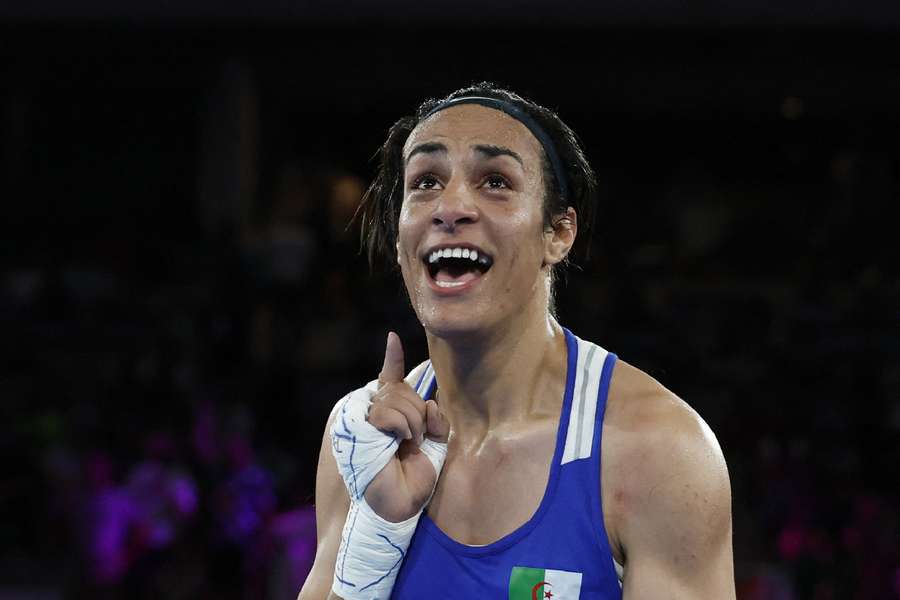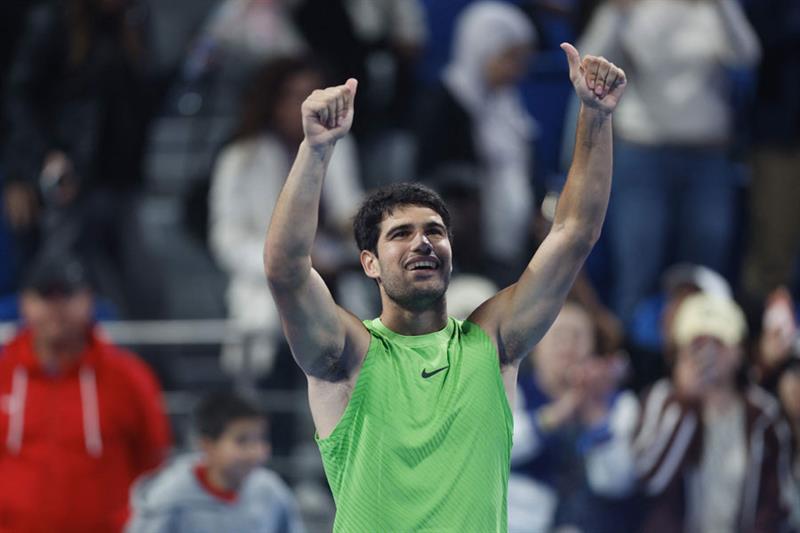In a developing crisis for Olympic boxing, Imane Khelif, the Algerian champion poised to compete at the Paris 2024 Games, has been confirmed to possess male chromosomes, as disclosed in a sex-test report from the 2023 World Championships.
This announcement follows World Boxing’s recent decision that Khelif must undergo sex screening to compete in women’s events. The medical report, initially created in March 2023 during the World Championships in New Delhi, was released by American journalist Alan Abrahamson through the 3 Wire Sports platform.
The test, conducted by Dr Lal Path Labs—an accredited facility recognised by the American College of Pathologists—clearly states: “Chromosome analysis reveals male karyotype.” Findings indicate Khelif has XY chromosomes, typically linked to male biological sex.
These results were pivotal in Khelif’s disqualification from the 2023 championships. Nevertheless, the IOC permitted her participation in Paris due to the female designation on her passport, leading to significant scrutiny as World Boxing implements stricter eligibility policies.
Mark Adams, IOC spokesperson, previously dismissed the chromosome test as “ad hoc” and “not legitimate” during a press conference in Paris. However, the test’s credibility has been strengthened by its certification from a recognised laboratory.
IOC President Thomas Bach accused the test results of being part of a “Russian-led misinformation campaign,” referencing the IOC’s withdrawal of recognition from the International Boxing Association (IBA) due to ethical concerns.
In response to the controversy, World Boxing has mandated genetic sex testing for athletes over 18 competing in women’s categories, including a PCR test to identify chromosomal material. Khelif has yet to provide proof of having female chromosomes since the eligibility questions arose nine months ago.
Despite her determination to defend her Olympic title at Los Angeles 2028, Khelif’s future in women’s boxing remains uncertain. The situation escalated last year when both Khelif and Taiwan’s Lin Yu-ting, who were barred by the IBA for failing to meet chromosomal criteria, won Olympic gold, igniting outrage among athletes and national federations.
Italian boxer Angela Carini, Khelif’s first opponent in Paris, expressed her fears, stating, “I was punched so hard, I feared for my life.” Brianda Tamara Cruz from Mexico, who faced Khelif in 2022, conveyed similar sentiments, saying, “I don’t think I had ever felt like that in my 13 years as a boxer.”
Latin American federations have strongly influenced World Boxing’s firm stance, with the Honduran federation advocating that only those who are female by birth should compete in women’s events. The Peruvian federation echoed this sentiment, calling for the protection of women in sports.
With provisional approval to oversee Olympic boxing at the 2028 Games, World Boxing is resolute in upholding what it terms the “reality of sex” to ensure fairness and safety in women’s categories.





